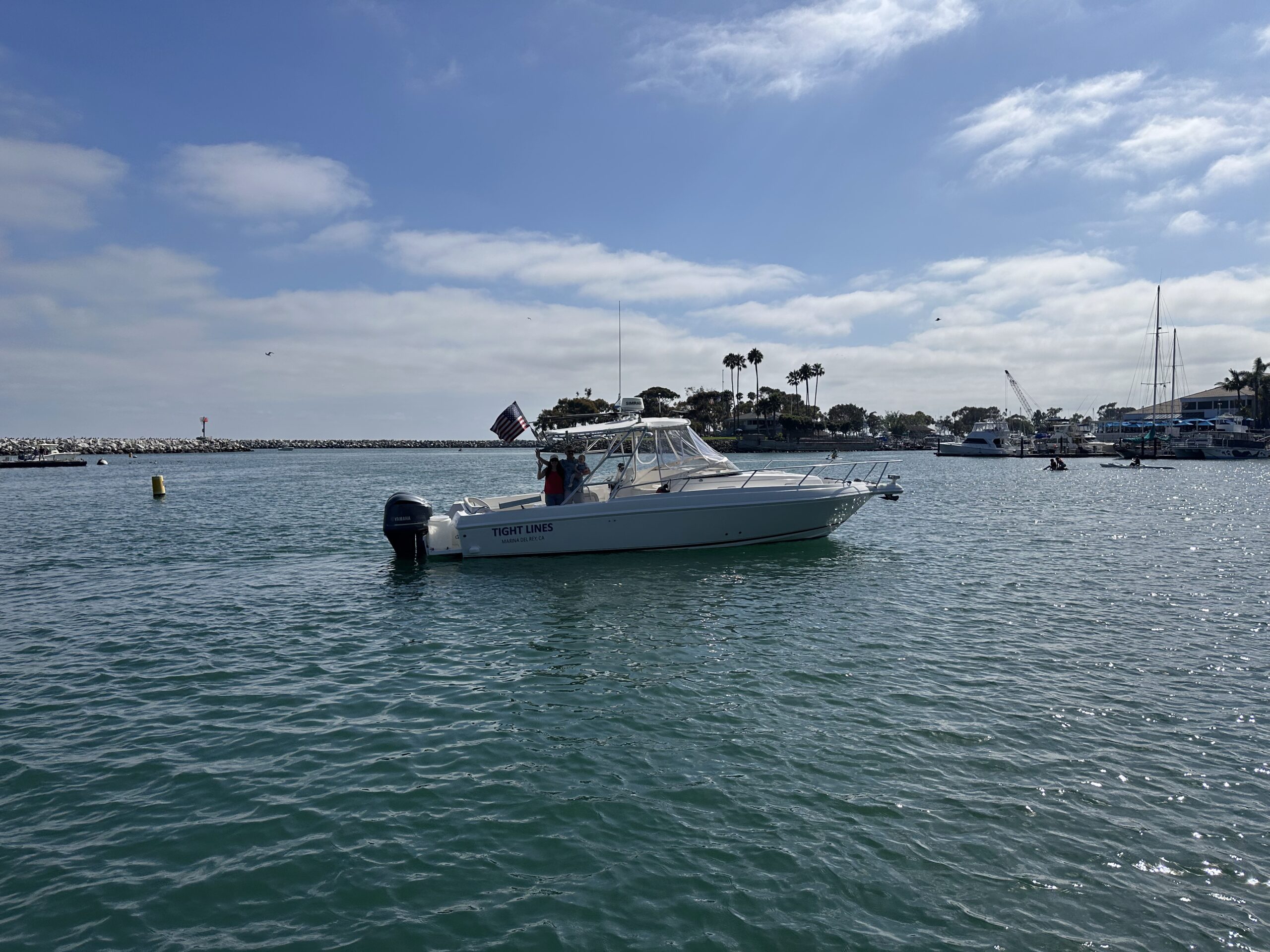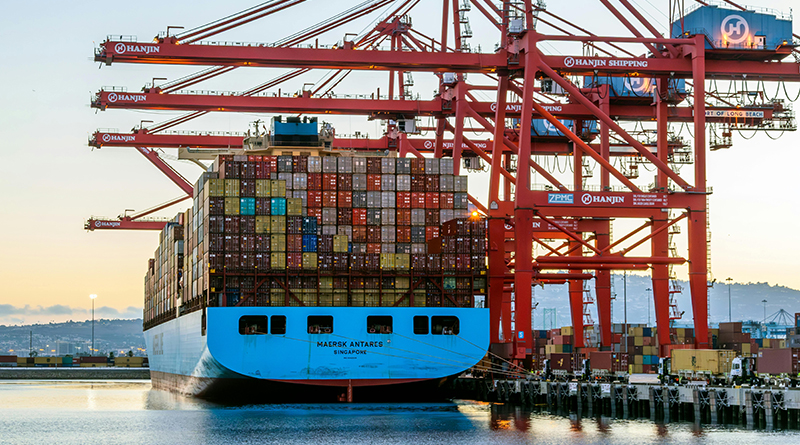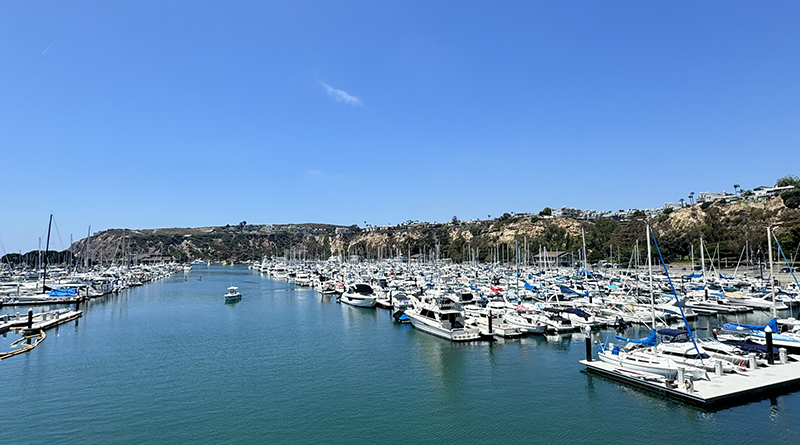With expert insight from Cefali & Cefali, the best advice for boaters is simple: prioritize safety to prevent accidents before they happen.
In Southern California, the coastal lifestyle draws thousands to the water for recreation and relaxation, but with that comes the responsibility to prioritize safety. Boating accidents are often sudden, chaotic, and severe, leaving victims and families with lasting consequences. That’s why firms like Cefali & Cefali Personal Injury Lawyers are working not just to represent clients after an incident, but to educate and empower the public to boat smarter and safer.
Boating accidents in California happen more often than people might think, but recent numbers from the California Division of Boating and Waterways show things are gradually improving. In 2021, there were 593 reported accidents, resulting in 256 injuries and 44 fatalities. In 2022, 556 boat operators were involved in accidents, with 202 injury cases and 38 fatalities. By 2023, that number dropped to 440 operators, with 168 injury-related incidents and 30 fatalities. One standout detail from the reports is that operators with a California Boater Card were far less likely to be involved in fatal accidents. Only one fatal case involved a cardholder in 2022, and none in 2023.
“People who go and they don’t understand how to operate their boat and they don’t understand what the rules of [boating] are—like speeding through the harbor—it’s so dangerous,” said Michael Cefali, Esq., Partner Cefali & Cefali, APC. “Education is the linchpin — without proper instruction in navigation rules, vessel handling, and basic safety protocols, even a well‐intentioned boater can create a life-threatening hazard for themselves and everyone around them.”
Cefali speaks from experience—not only as a personal injury attorney but as a lifelong boater and angler who genuinely cares about the boating community. His firm, based in San Juan Capistrano, has become a trusted advocate for accident victims, but protecting yourself from the consequences of a mishap starts long before any case is filed. Cefali stresses that one of the important steps any boater can take is securing adequate insurance coverage. From his perspective, being properly insured isn’t just a legal formality—it plays a major role in protecting everyone on the water and can make all the difference in the aftermath of an accident.
“For instance, if you rent your boat out on Boatsetter, you need to have Geico insurance, because it is the only one that will cover a boat that is rented out for third party use on Boatsetter,” Cefali explained. “We all try to be as safe as possible. We really need to have adequate insurance to protect ourselves.”
Accidents on the water differ in key ways from those on land — no seatbelts, unpredictable conditions, and the potential for being thrown from the boat add unique risks to even minor mishaps. That’s why preparation is critical.
“First of all, an operator should envision what might happen before it ever does. The first step is to secure adequate insurance,” Cefali said. “In the event something does go south, of course, you need to get on channel 16 and seek help immediately. If a person appears to need help, don’t wait until you get in. Get on the radio and report the situation immediately to get help as soon as possible.”
When someone gets injured—whether they’re the operator, a passenger, or even a bystander nearby—it’s important to respond quickly and take the right steps. “As a passenger who is injured, you need to communicate with the owner/operator of the boat about your situation so that they can take appropriate action. You need to be asked to be brought in and evaluated by medical professionals,” Cefali continued. “And then, as a bystander, maritime law is unique. You have a duty to go and render aid if you reasonably can in the maritime context. Now, you don’t want your aid to cause more harm, so you need to make that evaluation, but you have a duty to go and render aid.”
Cefali’s passion for boating safety goes beyond just legal advice—it’s about protecting people before something goes wrong. “Having spent my entire life on the water, I know how vital proper training and vigilance are,” he explained. A single accident can upend a person’s world—jeopardizing their livelihood, limiting their mobility and independence, and stripping away the enjoyment of the very pastime they love. Those devastating losses demand full and fair compensation.
While Cefali & Cefali is well-equipped to help those who’ve suffered injury due to another party’s negligence—such as a drunk operator, unsafe rental equipment, or reckless navigation—their core message remains focused on avoiding such situations entirely. “When we sue someone, we are not really going after them personally. Almost invariably, we’re going after their insurance. We’re not out to ruin or hurt anyone – just to get our client made whole,” Cefali explained, noting that being adequately covered is a crucial step for anyone heading out on the water.
Boating injuries also tend to be more severe than those on land. “Generally, incidents on the water result in more serious injuries than, for instance, a fender bender,” Cefali said. “Each case is unique, and no injury is the same. Boating injuries tend to be very serious, often involving broken bones and head injuries — things that drive up the value of a case.”
Beyond the medical and emotional toll, boating accidents can bring legal complexities that differ from typical car crashes. Jurisdictional rules in maritime law can get tricky, especially when trying to determine where a case can be filed. “If I were on a fishing boat and I got hurt off the coast of San Diego, but the boat embarked from Newport, you would probably have to sue them in Newport, not San Diego,” Cefali explained. “Aside from those jurisdictional questions, [all accidents] follow the same procedures, it’s all the same standards, it’s negligence. There are duty, breach, causation, and damages; that rule doesn’t change. The thing that’s different are the injuries. In every boat case I’ve handled, there have been serious injuries.”
The firm also handles claims involving injuries at marinas, on docks, or while transporting boats to and from the water. “If the dock is dilapidated and you step through and fall, or if you’re towing your trailer to drop off the boat and someone makes an unprotected left in front of you, you might not be able to stop due to the weight behind you, leading to a collision,” Cefali explained. “There are a number of ways people can get hurt along the way and around the water, unfortunately. The question is, was the defendant negligent? Was the property owner negligent, or was the other boater negligent? And if the answer to that is yes, then the case is something we can pursue.”
At the core of every case Cefali handles is a strong focus on prevention. While the firm is fully equipped to advocate for victims and pursue compensation when needed, the ultimate goal is to help reduce the number of accidents in the first place. Cefali emphasizes that personal injury law — especially in the boating world — isn’t about capitalizing on others’ accidents. It’s about encouraging safe practices, educating boaters, and creating a culture where legal support becomes the exception, not the norm.
At the heart of Cefali & Cefali’s mission is a respect for the water and the community that enjoys it. They offer free consultations, operate on a contingency fee basis, and guide clients through every step of their legal process. But first and foremost, they urge every boater to understand their vessel, the laws, and their responsibility.
Boating safely starts long before leaving the dock, and one of the most effective ways to prevent accidents is by taking a certified boating safety course. In California, there are several options available to meet this important requirement.
Boaters can choose from online courses through providers like Boat-Ed or BOATERexam.com, self-paced home-study programs offered by the Division of Boating and Waterways, or in-person instruction through aquatic centers, the U.S. Coast Guard Auxiliary, and America’s Boating Club. For those seeking more hands-on experience the Maritime Institute in San Diego provides practical on-water instruction through its BoaterU™ program in partnership with the BoatUS Foundation. These courses are ideal for both new boaters and seasoned operators looking to refresh their skills. With the California Boater Card now required for all motorized vessel operators, taking a course isn’t just good practice—it’s the law. Knowing where to go and taking the time to complete a safety course can make all the difference when it comes to protecting yourself, your passengers, and everyone else on the water.
For more information, safety tips, or to schedule a consultation, visit callcefali.com or contact their office in San Juan Capistrano. Because when it comes to boating, safety is no accident.





